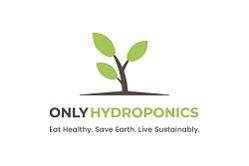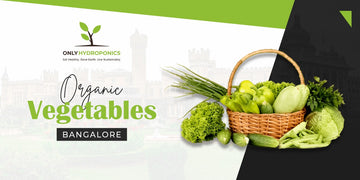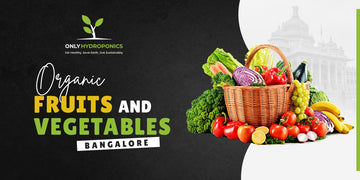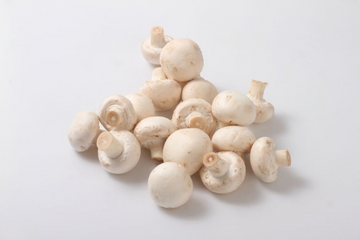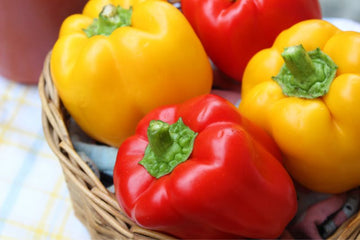10 Basic Things You Should Know While Growing Hydroponic Vegetables
by Kamal Kishor Singh on Jan 25, 2022
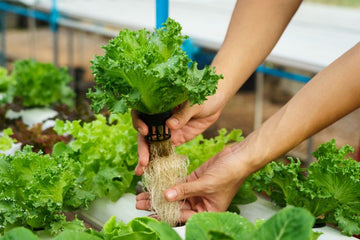
What is Hydroponics?
Hydroponics is a method of growing plants without the use of soil or the constraints of space or temperature.
Plants in the conventional farming system rely on soil for all of their nutritional requirements. A hydroponic garden, on the other hand, delivers all of these nutrients without the use of sunshine, soil, or additional labour, allowing growers to gain efficiency and create high harvests.
Things you should know before growing Hydroponic Vegetables
1- Hydroponic produce can be grown in any location including, a home, apartment, greenhouse, or office. Light, air, water, nutrients, heat, and space are the six requirements.
2- Hydroponic gardening can be done both inside and outside.
Plants will require five to six hours of light each day in either setting, as well as access to energy and a level, wind-free environment. The ideal temperature varies by plant type and variety.
3- In a hydroponic system, nutrients are delivered precisely and precisely, minimising fertiliser requirements per plant while also allowing the plants to absorb exactly what they require for optimal performance.
4- Plants don't have to spend as much time developing their root systems in quest of nutrients as they would in traditional farming; instead, they may concentrate on expanding their vegetative development and growing much faster and more efficiently.
5- pH regulation in agricultural soils necessitates the addition of a variety of acidic fertilisers and organic materials. pH may be easily regulated in the hydroponic garden by adding a pH buffer solution to the reservoir.
A quick and easy test will help you determine and correct the pH level required for better hydroponic garden growth. This adjustment allows the growing greens to absorb the most nutrients possible.
6- Because the system uses high-quality nutrients and pure water in a controlled environment without pesticides or herbicides, hydroponically grown produce has better quality and taste.
7- Hydroponic veggies maintain more nutrients for the same reason, as the nutritional profile begins to degrade as soon as the crops are harvested. Your hydroponic farm's produce will always be fresh, healthy, and delicious Hydropponic Vegetables, as well as clean and free of dirt, bugs, and diseases. It not only makes hydroponic produce fresher but also makes it safer to eat.
8- Another great advantage of hydroponics is its quick development pace, which means you may get your hands on your harvest much sooner. Indoor hydroponic gardening gives you complete control over resource consumption, allowing for faster development and a consistent supply of many popular and trending crops.
9- When compared to soil cultivation, you may increase your vegetable production by providing an optimal growing environment in the same amount of time.
In a good hydroponic system, many greens can grow twice as quickly. Plants grown in hydroponic systems grow 40-50 per cent faster and produce 30 per cent more than plants grown in soil.
10- Harvests are predictable and reliable because of a combination of rapid growth and a controlled environment. This reduces the wholesale produce buyer's pricing and reliability risk, as well as the farmers' revenue risk.
